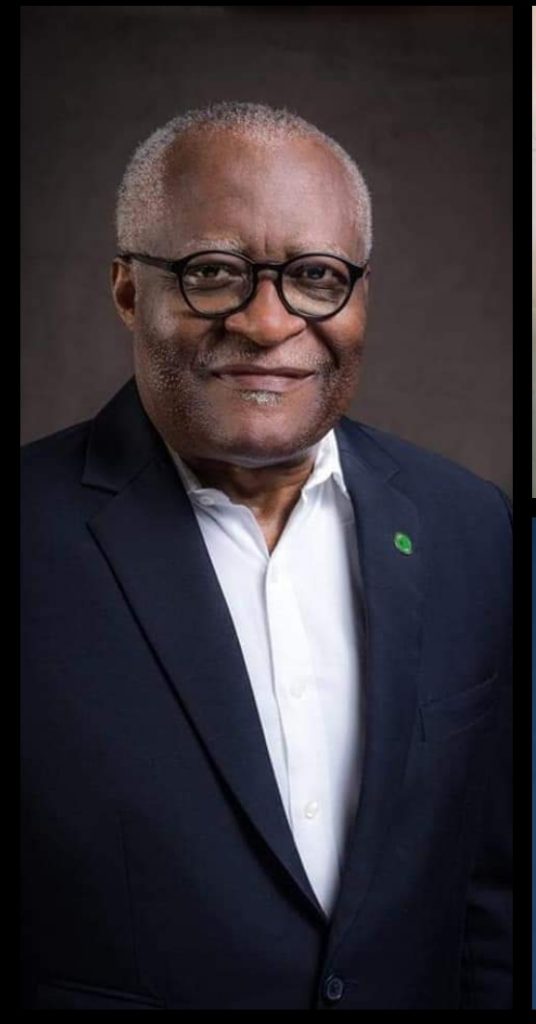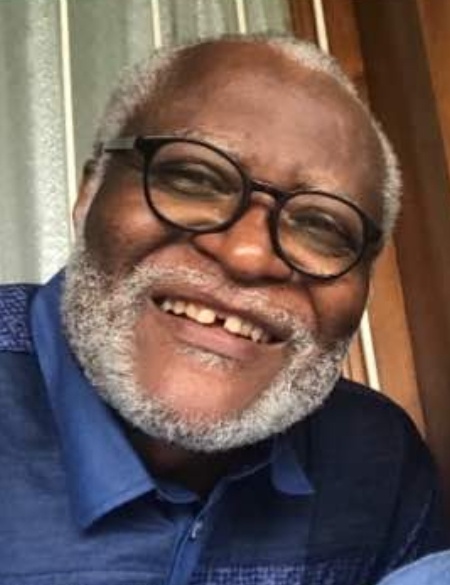(This letter was first published in the Newspaper “Génération” Hors série no. 1 25 to 31 January 1995). It is as current today as it was relevant then. Vintage Akere Muna!

Imagine that you live in a small village in the South of Cameroon just next to Gabon. Imagine that Cameroon was a country in which one-quarter of the population was Francophone and the other three-quarters Anglophones.
Imagine that your village, regardless of its affinity with the Fangs of Gabon as well as the fact that you use the same language, that of the colonizer, decided to unite with the rest of Cameroon.
Imagine after thirty years you moved from the Federal Republic of Cameroon to the United Republic of Cameroon to end up in the Republic of “Southern Cameroons” which just happens to be the name of the Anglophone State before the process of unification.
Imagine further that during those thirty years, the Administrative system has changed completely, all the road signs are in English, which is also the language used in the administration, finance and military. That even the letters emanating from the Central authority in Buea, were in English, forcing you to have recourse to a translator at your own cost.
Imagine again that every time that the judicial system had to be harmonized, Common Law notions are imposed on a system based on the Napoleonic Code producing confusion of legal notions. That most of the time at the Supreme Court all your documents have to be translated into English before the Court sits.
Imagine that you leave your home and you are stopped by a policeman who spoke only English and considers the fact you insist on speaking in French is an act of provocation.
Imagine that you have always had an Anglophone President and that never in 30 years have you had, a francophone Secretary General or Director of the Civil Cabinet of the Presidency of the Republic, never had francophone Ministers of Defense, Information or Communication, Plan, Finance, National Education or even in charge of the Police, Gendarmes or the Central intelligence and Documentation Agency; not even ambassadors to France, United States or Nigeria. You never even had more than three Secretary Generals in the Ministries or General Managers of the prestigious state-owned companies.
Imagine that the curricula of prestigious higher institutions to be heavily laden with the British system making access to institutions like the Polytechnic and others very difficult for you.
Imagine that your village had important deposits of oil and that the refinery had its own exclusive quarters, its own hospital, its own residential area, its own school, and indeed everything to ensure that those working there, who for the most part are Anglophones, live away from the reality of your village.
Imagine that this refinery had its name in English whilst a sugar factory situated in an Anglophone region found itself with a name in French.
Imagine that for thirty years there has been no development in your village.
Imagine that when you complain you are either called a secessionist or the enemy from within; better still you even asked to go back to your home in Gabon.
That is superficially the daily lot of your Anglophone brothers who after thirty years ask themselves whether they made the right choice, since only they were asked if they wanted reunification with their Francophone brother, at a time when the latter was in the middle of a war and terrorism was at its worst; he voted with his heart and with his eyes completely closed.

Today when he talks about federalism, he only just wants to be able to manage his village and leave everything else to a central authority. His brother of the East might request the same so he can benefit from his timber, which is logged without asking his opinion.
Every time a people has felt threatened as a linguistic , ethnic, or religious minority, the solution has been autonomy and decentralization (Bosnia, South Africa, Tanzania, Nigeria, Croatia, Russia etc.)
Fortuitously, Cameroon was born in Berlin towards of the 19th century. Fortuitously, it was divided into Anglophone and Francophone areas. Nevertheless, this is a reality we have to live with without hiding behind pseudo-nationalists and pseudo-patriots whose reasoning is tantamount to intellectual masturbation.
Who is more nationalist and patriotic than the other? The Cameroonian who embezzles billions with impunity or the Cameroonian who calls for a debate on Federalism?
It is sad to speak in terms of Anglophones and Francophones but alas, that is the realty of the situation. When one discusses Francophone Bar Associations, Francophonie and other associations founded simply on the basis the use of a common language that also, is reality.
New bank notes have just been issued on which nothing is written in English. Is that in accordance with our constitution? Anglophones are now thinking like people from QUEBEC.
When I heard political leader (an intellectual) Director General of a state-owned company say that we should have only one national language to be chosen by vote, I took the decision to write this letter at the dawn of 1995. The bridge towards our future will be built on what we remember of our past. The cries that we are trying to silence today will come to haunt our nights.
8
Our strength lies in our diversity and I am sure that any attempt to stifle this diversity, can only go to weaken us.
Happy New Year 1995.